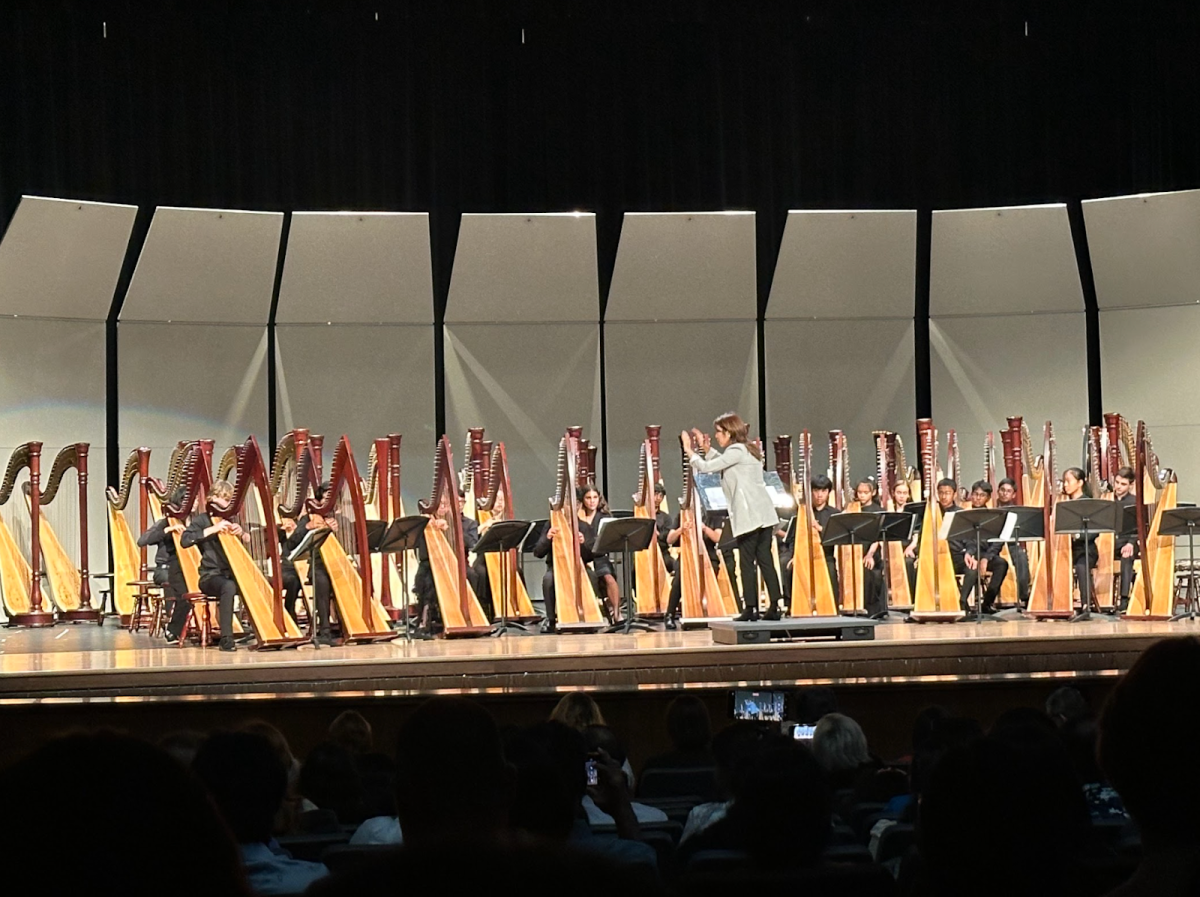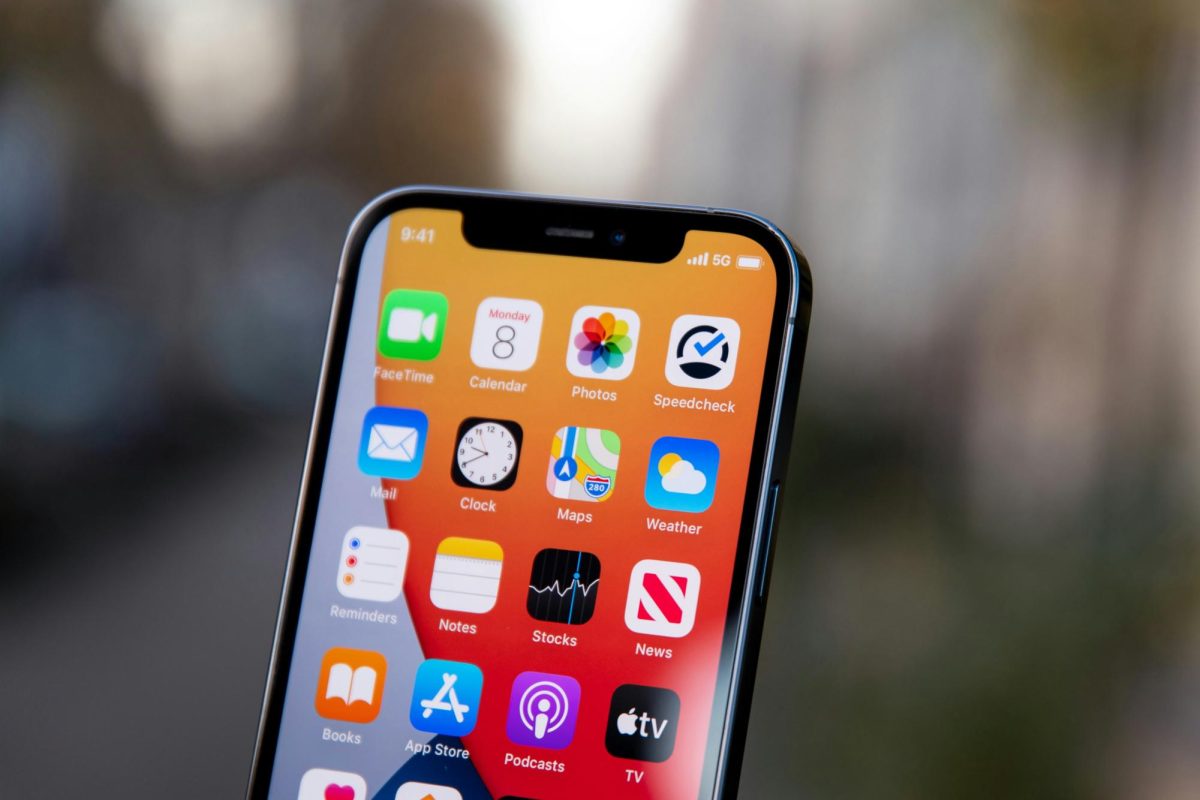Education under debate: Fair discipline, college value and the future of learning

College can cause a series of debates. It can be a source of debate because each side of opinions has its pros or cons like how college is not necessary for a good job, costs a lot of money and it can have bad pressures like getting great grades on students. However, college is necessary in the modern working world.
College supports chances of employment after graduation. In 2023 a recruiting benchmarks survey by the NACE shared how almost 70% of entry level jobs require college experience. Examples of this include administrative assistants, firefighters or pharmacy technicians .These jobs are much more popular than being a lawyer or a doctor because they require less school experience and don’t have a time consuming process like going to law or medical school. Many of these jobs are all around cities and without them the structure of cities would crumble. However, college is not required for certain jobs that may interest people like a real estate agent, commercial pilot or an electrician. Insidehighered says about 52% of college graduates do not have a job, but Forbes magazine informs viewers how in recent years the U.S has had artificial intelligence take over technical careers which has affected over 65,000 jobs, a big chunk of college graduate majors. The answer is yes, many college graduates don’t have jobs, but there are so many factors like family issues, not advancing in graduate level academics and selective jobs that require a strong resume with experience beyond college.
The option of college also provides non job benefits like preparing students for the world around them. New York Post shared that in America, 73% of people think that college isn’t just about education, but learning life skills for adulthood. They also shared a survey about how 85% of college students in America thought that college prepared them for their adulthood. In college it is a transition from childhood to adulthood and learning the difference and needs for both how to manage watching a tv show and paying taxes is super important for the future of that student.
Relationships are super valuable especially in College where young adults are trying to figure out how to maneuver through adult life and dealing with stress. Ohio State claims that 64% of students who didn’t have any friends going into college had made at least one friend. In addition to that, one-third of college students have created romantic relationships. Support and comfort of friends or partners that are in the same boat can create a sense of stability. Having a friend can help increase confidence during school stressors like studying for a hard upcoming test.
College has its characteristics that make it undesirable to some people, but the reality of it is that it provides a cushion for job opportunities, teaches lifelong skills, and it creates important relationships. Experience college to better the chances of improvement. “You have to stay in school. You have to. You have to go to college. You have to get your degree. Because that’s the one thing people can’t take away from you is your education. And it is worth the investment,” Michelle Obama said.
Have you ever been punished for someone else’s actions? It probably didn’t feel great, and it doesn’t feel great for kindergarteners either. In elementary schools, it is common for teachers to reprimand their entire class for one child’s actions, which is known as collective or group punishment. Some educators believe that this helps keep students in line while others do not. Furthermore, group punishment wastes learning time in the classroom, can be triggering to young students and is less effective than individual punishment. Therefore, teachers should lean on targeted rather than collective punishment in early education.
One reason to limit collective punishment is that it wastes class time. A typical school day for an elementary school student is seven to eight hours with a 30 minute lunch break and 30 minutes of recess. Elementary educators are tasked with not only teaching students reading and math, but also essential life skills. When teaching students at such a formative age, time is precious since the average kindergartener can only remain focused for 15 minutes. Although collective punishment may only last for a few minutes, any time wasted is valuable with small children. However, some educators argue that discipline is also a life lesson that needs to be taught at a young age. While this perspective is not incorrect, individual punishment is much more time-efficient than punishing the entire class.
Moreover, harsh punishment can be triggering and harmful to students. In every school district, there are students affected by abuse at home, even at a young age. Reprimanding children when they have done nothing wrong could make students feel anxious or unsafe by simulating the experience they have at home. Collective punishment can also hurt children’s self-esteem. If students feel like they are constantly in the wrong without also receiving positive reinforcements, they will begin to lose self confidence in their ability to be successful. Classroom environments are meant to be a safe and encouraging place for kids to learn and grow, and collective punishment does not further this.
Lastly, individual punishment addresses the root of the problem rather than only preventing the spread of it. When troublemaking students are singled out, their peers are less likely to misbehave after seeing the potential consequences. Some say that collective punishment creates positive peer pressure that encourages students not to repeat their mistakes. A simple eye roll from another child can keep a student from misbehaving again. At the same time, some students see this attention as motivation to continue getting in trouble. Individually addressing student behavior squashes the issue and eliminates interference from other students most effectively.
Elementary educators should avoid punishing their entire class when one student gets in trouble. Collective classroom consequences waste time, do more harm than good and often do not address the problem at hand. Going forward, elementary schools should limit the use of collective punishment as a part of their code of conduct before more students are affected.
Since the COVID-19 pandemic, online schooling has become more normalized and is an option families now consider. Some argue it provides flexibility, offers an increased variety of courses to choose from and helps prioritize a student’s mental health. While these advantages seem promising, there are downsides and severe consequences to this style of education. For example, it negatively impacts a student’s physical and mental health and reduces social interaction.
Online learning isn’t as sustainable as face-to-face learning because it negatively affects students’ mental health, prevents the development of an essential skill and decreases graduation rates.
Online learning negatively affects students’ mental health due to a spike in stress levels leading to depression and anxiety. During the pandemic, Frontiers in Public Health, a journal that promotes discussions in health challenges, conducted a study on Polish students’ emotional well-being after the switch to E-learning. The results showed that 58% of participants experienced an increase in stress, 56% possessed symptoms of depression and 18% were dealing with suicidal thoughts. Many factors of online learning played a role in this including the added pressure in having little to no guidance from an instructor and a reduction in social interactions with friends and acquaintances. Students who lack a sense of community and support in these areas tend to feel lonely, affecting their quality of life tremendously by contributing to mental health conditions.
Online learning prevents the development of an essential skill- emotional intelligence. According to “The Negative Effects of Remote Learning on Children’s Wellbeing”, as Professor Stephanie Jones and Lecturer Emily Hanno were conducting the Early Learning Study at Harvard University to track child development, they saw a significant shift in the participants’ behavior after the pandemic began. Families reported an increase in temper tantrums and inability to manage emotions among their elementary-aged kids (Anderson). This is linked to remote learning since these problems were caused by the absence of educators creating a safe environment for children to process various experiences and feelings through in class activities. Since kids spend most of their day at school, teachers play a larger role in helping to develop this trait than parents or other potential role models. Online learning allows little time with people whose job is to support students emotionally and academically as they grow up, proving why low emotional intelligence is becoming an issue.
Online learning also significantly decreases graduation rates. A report conducted by the National Education Policy Center at the University of Colorado Boulder shows that only 50% of virtual learning students graduate within four years compared to 84% of public school students. While people don’t need to graduate highschool in order to succeed in life, it paves the way for college and getting employed at specific jobs. Not graduating may cause one to be unmotivated, undedicated and undisciplined if they don’t have another vision for their life. Despite this, virtual learning is a better choice for certain kids. Those who have professional jobs such as acting or playing a sport would benefit from the ability to have a flexible schedule and do schoolwork ‘on the road’. This would also ensure that they graduate on time since they aren’t missing an in-person class. However, this only includes a small group of students. Face-to-face learning would be a better fit for the rest.
Online learning isn’t beneficial for students because it causes mental health conditions such as depression and anxiety, prevents the growth of vital skills such as emotional intelligence and impacts graduation rates. This goes to show that in-person learning yields more success than its unproductive counterpart, virtual learning. To solve this issue, school boards should remove online learning as a method of education in order to avoid the severe consequences associated with it.




